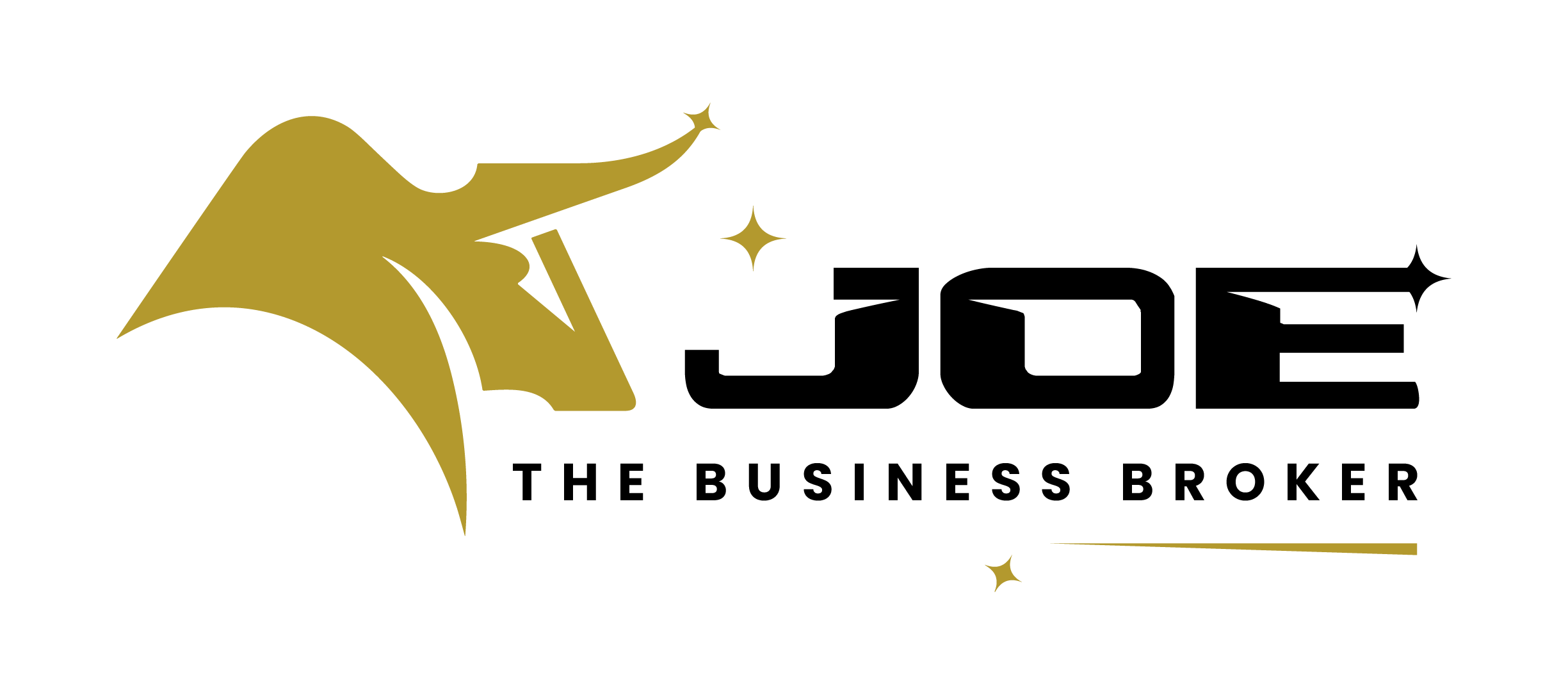Introduction
Becoming a business buyer is a pivotal decision that shapes your financial future and entrepreneurial legacy. This comprehensive guide is your trusted companion in navigating the intricate terrain of acquiring a business. Whether you’re a seasoned pro or new to business acquisitions, it equips you with the expertise required to secure a successful deal. With meticulous planning, a proficient team, and a strategic mindset, your business acquisition becomes a stepping stone to realizing your entrepreneurial vision and ushering in a new era of growth and opportunity.
1. The Business Acquisition Landscape
Navigating the multifaceted landscape of business acquisition goes beyond financial considerations. It involves strategic planning, due diligence, and the mastery of negotiation skills. Aspiring business buyers must embrace this holistic approach to succeed in their quest.
2. Building Your Business Acquisition Team
Assembling a proficient team of experts is paramount. Legal advisors, financial analysts, due diligence specialists, and negotiation strategists contribute their unique expertise to ensure a well-informed and successful acquisition.
3. Exploring Financing Options
Early assessment of financing options is vital. Consider traditional bank loans, Small Business Administration (SBA) loans, seller financing, or investment partners. Each option has its merits and should align with your financial capacity and goals.
4. Defining Your Acquisition Criteria
A clear definition of your acquisition criteria streamlines the search process. Specify industry, location, size, and type to focus your efforts on opportunities that align with your vision.
5. Conducting In-Depth Market Research
Comprehensive market research unveils industry trends, competition, and growth potential. This knowledge empowers you to make informed decisions and identify businesses with promising prospects.
6. Creating a Comprehensive Due Diligence Checklist
Develop a meticulous due diligence checklist covering financial statements, legal contracts, employee records, customer contracts, and potential liabilities. A rigorous checklist ensures nothing is overlooked.
7. Mastering the Art of Negotiation
Negotiation skills are paramount. Effective communication, strategic thinking, and adaptability are key in achieving mutually beneficial agreements with sellers.
8. Planning for Post-Acquisition Integration
Post-acquisition integration is the phase where successful transitions occur. Develop a well-thought-out plan to merge employees, systems, and processes seamlessly.
9. Mitigating Legal Challenges
Legal experts can help identify and address potential legal issues in the acquisition process. Compliance with all laws and regulations ensures a smooth and secure transaction.
10. Embracing Continuous Learning
Business acquisition is dynamic. Stay informed about industry developments, market trends, and best practices to make informed decisions and adapt to changing circumstances.
11. Leveraging Technology and Data Analytics
In the digital age, technology and data play a crucial role in business acquisition. Utilize software and analytics tools to evaluate potential acquisitions, assess market dynamics, and streamline due diligence processes.
12. Understanding the Seller’s Motivations
Delve into the seller’s motivations for selling the business. Knowing their reasons can inform your negotiation strategy and provide insights into potential challenges or opportunities.
13. Exploring Industry-Specific Challenges
Different industries come with unique challenges. Understand the specific dynamics and risks of the industry you’re entering to make informed decisions and develop a tailored business strategy.
14. Networking within the Business Community
Networking is a valuable resource. Connect with industry peers, advisors, and potential sellers to gain insights, build relationships, and discover off-market opportunities.
15. Managing Emotional Resilience
Emotional resilience is essential throughout the acquisition process. It’s normal to face setbacks and uncertainties. Developing resilience helps you stay focused and adapt to challenges.
Successful business buyers often exhibit qualities such as financial acumen, strategic thinking, resilience, and adaptability. They should have a clear vision for the business, the ability to assess risks, and effective negotiation skills. Additionally, strong interpersonal and communication skills are crucial for building relationships with sellers, advisors, and key stakeholders.
Determining the right size and type of business involves considering your financial capacity, industry expertise, and personal goals. Conduct a self-assessment to identify your strengths and weaknesses. Consult with advisors and perform market research to align your acquisition with your skills and objectives. It's essential to strike a balance between ambition and feasibility to ensure a successful purchase.
16. Monitoring Economic and Market Trends
Keep a close eye on economic and market trends. External factors can impact your business post-acquisition, and being proactive in response is essential for long-term success.
17. Creating a Post-Acquisition Growth Strategy
Beyond integration, outline a growth strategy for the acquired business. Identify areas for expansion, diversification, or optimization to maximize its potential.
18. Embracing Cultural Integration
Recognize the importance of organizational culture. Successful integration involves aligning the cultures of both the acquiring and acquired companies to foster a harmonious workplace.
19. Establishing Key Performance Metrics
Define key performance indicators (KPIs) to measure the success of your acquisition. Regularly assess the business’s performance against these metrics to track progress.
20. Sustaining a Long-Term Vision
As a business buyer, maintain a long-term vision. Continuously evolve your strategy and adapt to changing circumstances to ensure the sustained growth and prosperity of your acquired business.
Conclusion
Becoming a successful business buyer is a dynamic journey that requires strategic planning, financial acumen, and adaptability. It involves building a proficient team, conducting thorough research, and mastering negotiation skills. Post-acquisition, ongoing learning, resilience, and networking are key. As a business buyer, you’re shaping your entrepreneurial legacy and financial future. Embrace these principles to pave the way for a prosperous journey.




